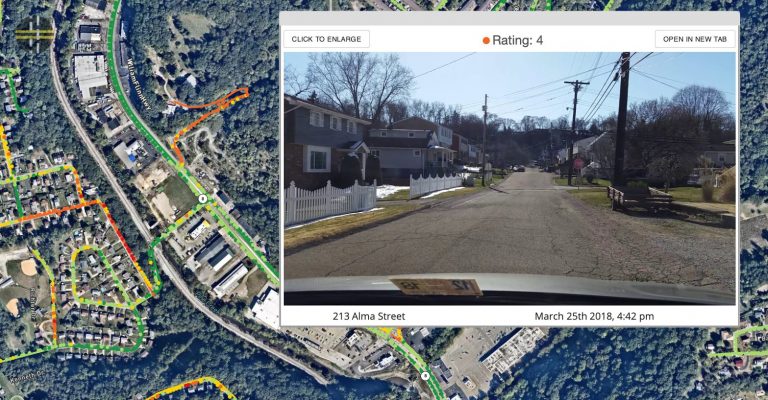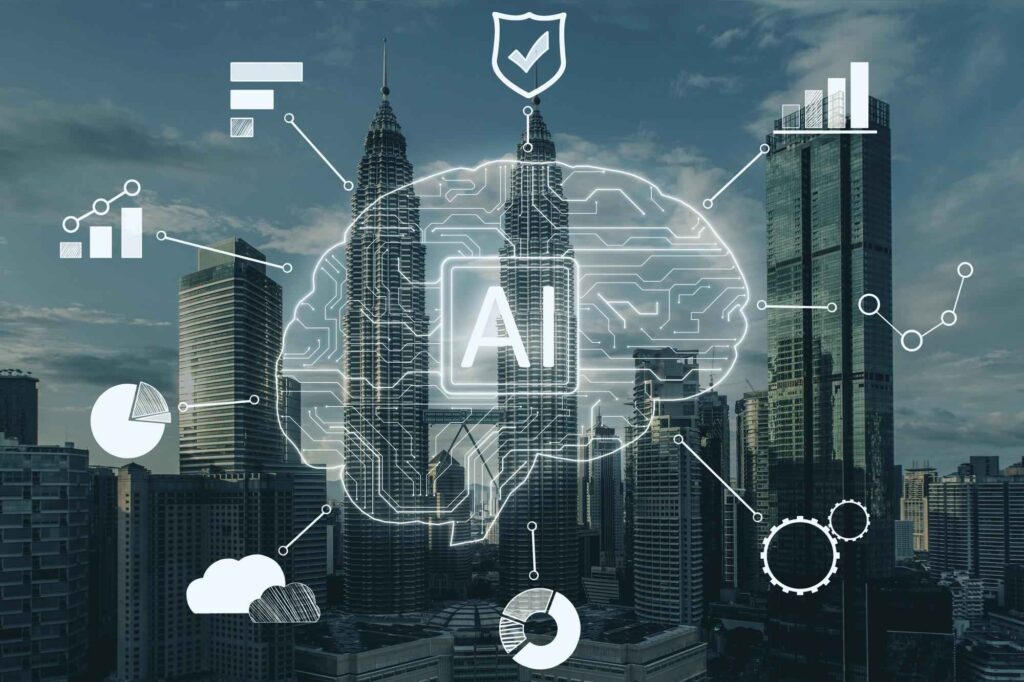
The trajectory of urban innovation is reshaping itself through the integration of artificial intelligence in smart cities. By harnessing AI technology, these urban landscapes become dynamic hubs capable of managing traffic flow, waste disposal, infrastructure maintenance, and even foreseeing energy consumption and environmental impacts. The result? A greener, more sustainable future with reduced climate impact, smarter governance, and an elevated quality of life. Delve into the realm of possibilities as we uncover ten extraordinary ways AI drives this evolution.
10. Reinventing Security
]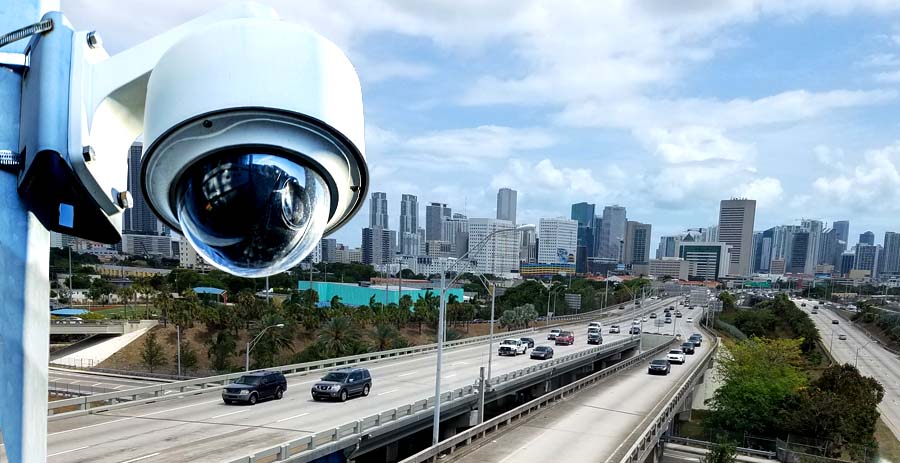
Conventional security measures often react to incidents rather than thwarting them. Enter AI-enabled security cameras that analyze real-time footage, identifying criminal activities instantaneously. Equipped with clothing recognition capabilities, these cameras expedite suspect identification, revolutionizing crime prevention and response.
9. Revolutionizing Maintenance
RoadBotics, a pioneering company, leverages AI to scrutinize road imagery, diagnosing issues and suggesting cost-effective solutions. This proactive approach allows cities to address maintenance needs promptly, enhancing safety and saving resources.
8. Forecasting Future Demands
![]()
AI-equipped smart cities foresee inhabitants’ needs through energy tracking technology. This innovation anticipates the demand for new energy sources and optimal sustainable practices. Moreover, AI predicts property development trends, aligning housing supply with demand.
7. Taming Pollution

AI and machine learning combine to analyze current pollution levels and predict future trends. Armed with this knowledge, authorities take preemptive measures to minimize environmental impacts, marking a pivotal step towards cleaner, healthier cities.
6. Intelligent Parking Solutions
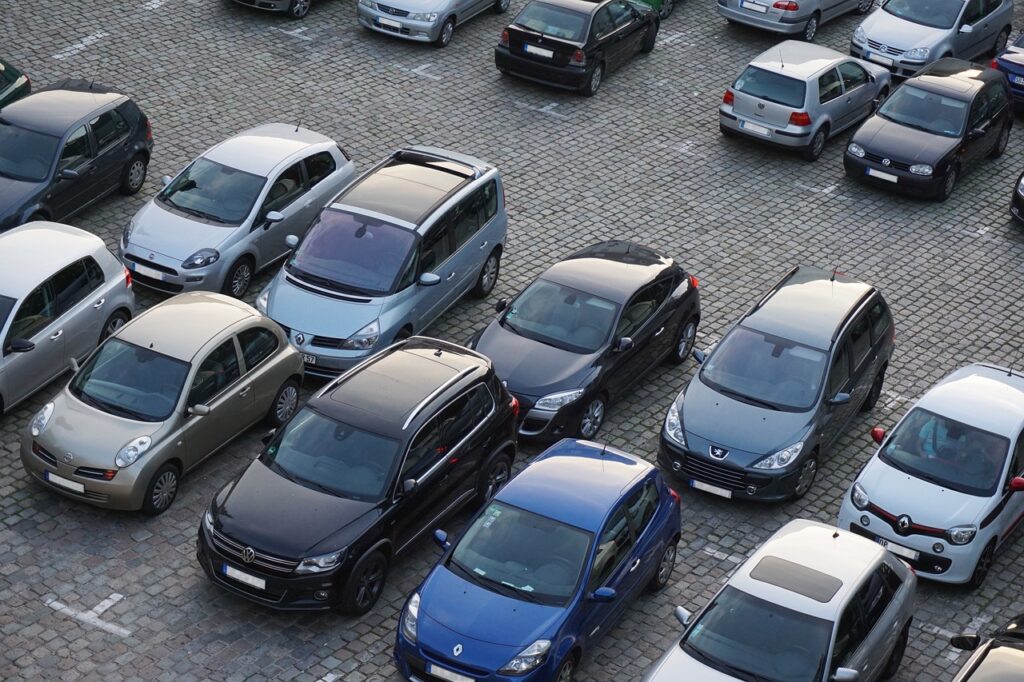
License plate recognition systems manage parking duration and enforce regulations. Advanced AI goes a step further, providing real-time space availability updates and recommending suitable spots based on vehicle types.
5. Elevated Public Transportation

AI transforms public transit, offering real-time updates and enhanced tracking within smart cities. Automated buses further optimize routes, reduce emissions, and augment user satisfaction.
4. Waste Revolution
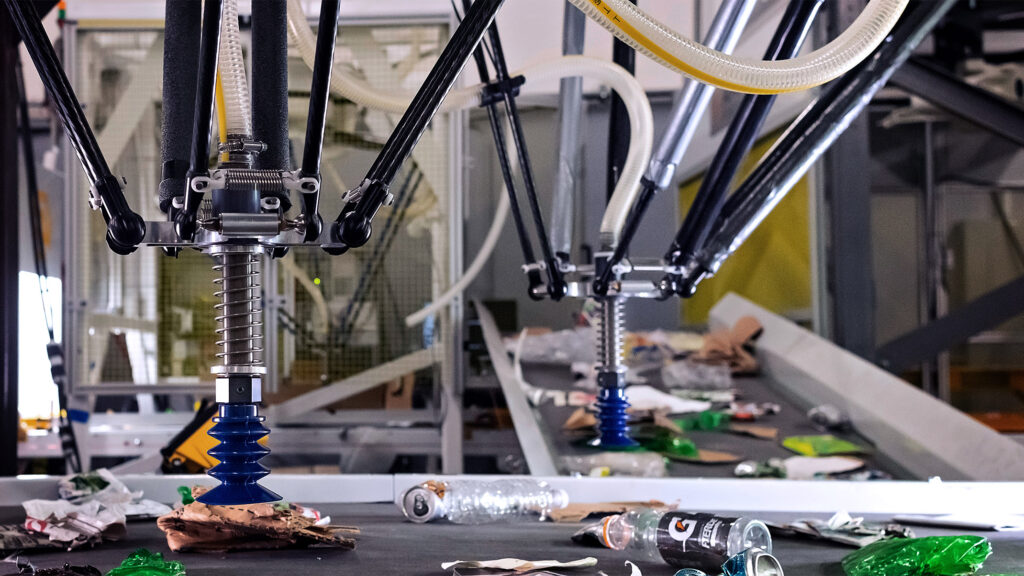
AI redefines waste management, enabling efficient recycling tracking and sorting through robotic assistance. From sorting garbage to cleaning water bodies, AI-driven solutions foster a cleaner urban environment.
3. Traffic Transformation

AI’s role extends to traffic management, predicting and alleviating congestion through deep learning algorithms. Real-time traffic camera systems empowered by AI curtail road offenses and improve overall traffic management.
2. Pioneering Energy Efficiency

AI scrutinizes energy consumption patterns among businesses and citizens, guiding decisions on renewable energy integration. Waste reduction strategies emerge as AI illuminates energy-saving opportunities.
1. Gauging Environmental Impact

AI paints a comprehensive picture of a smart city’s influence on the environment, including global warming and pollution. Informed by AI insights, cities make eco-conscious decisions, from pollution control to carbon footprint reduction, shaping a more sustainable future.
The symbiotic relationship between AI and smart cities propels urban landscapes into an era of unprecedented innovation and sustainability. As AI empowers city planners and dwellers alike, the synergy between technology and urban life promises a future where efficiency, eco-friendliness, and well-being coalesce harmoniously.
What are your thoughts?
